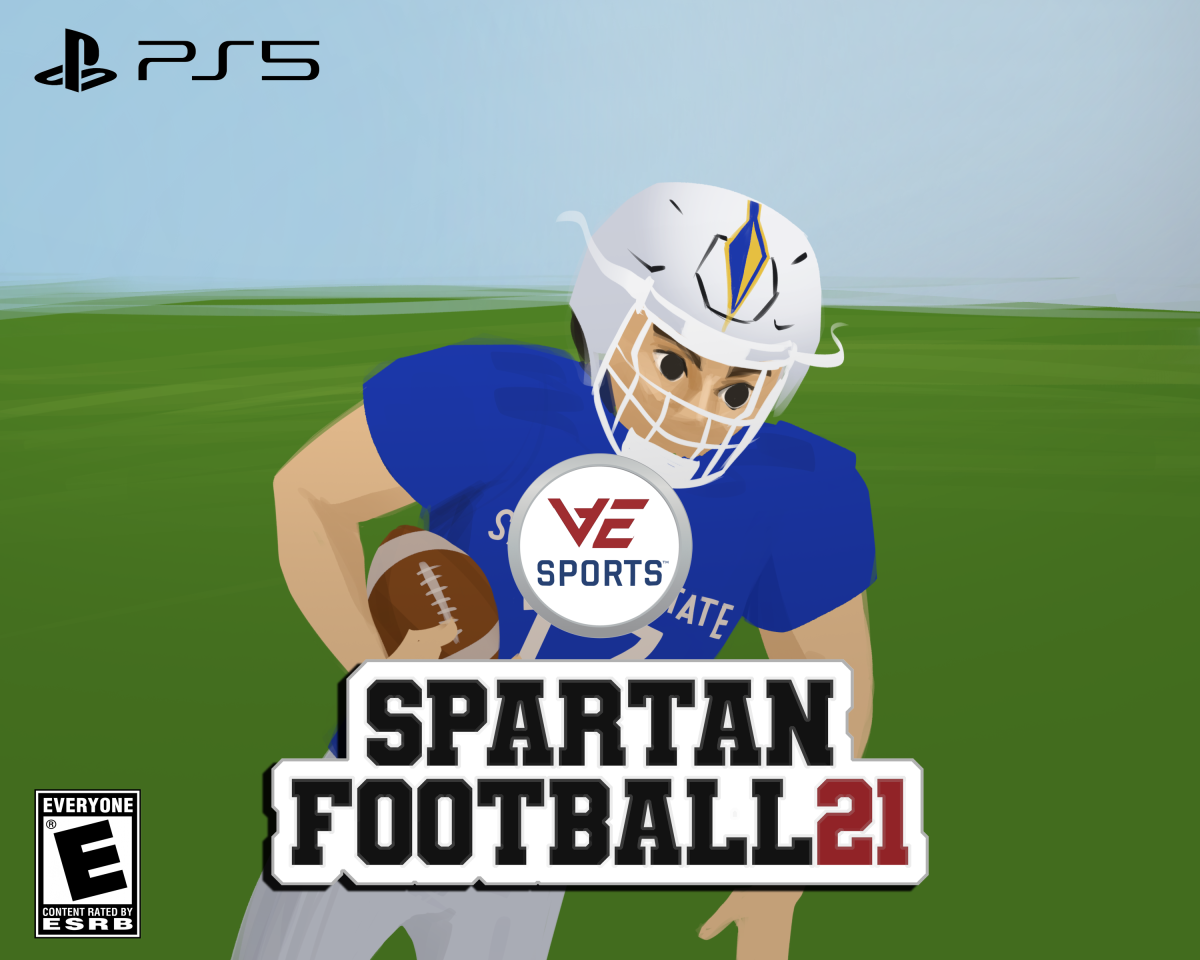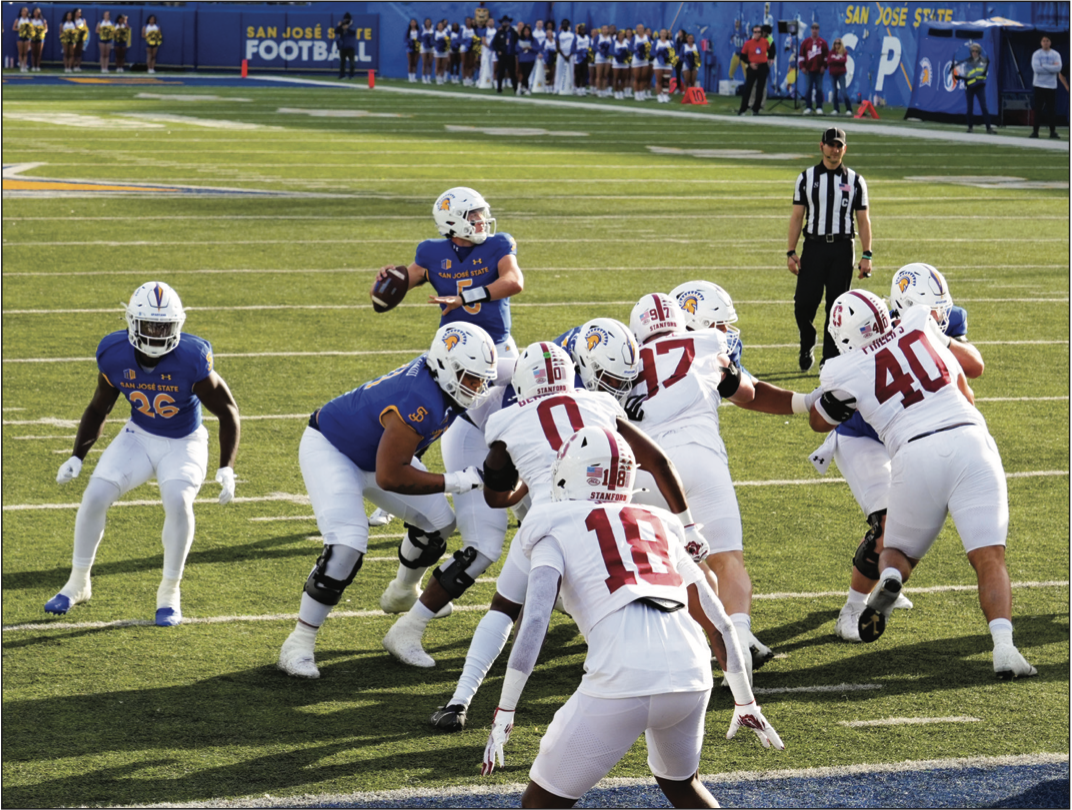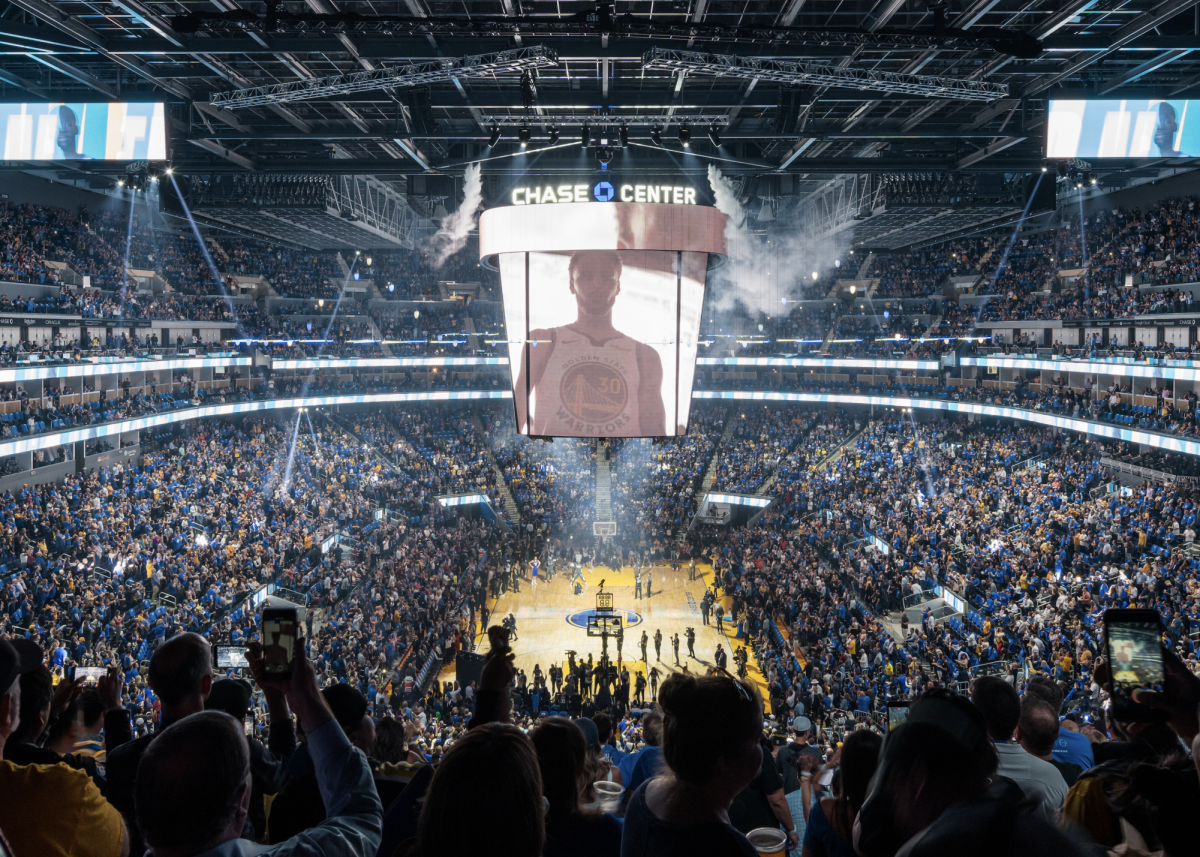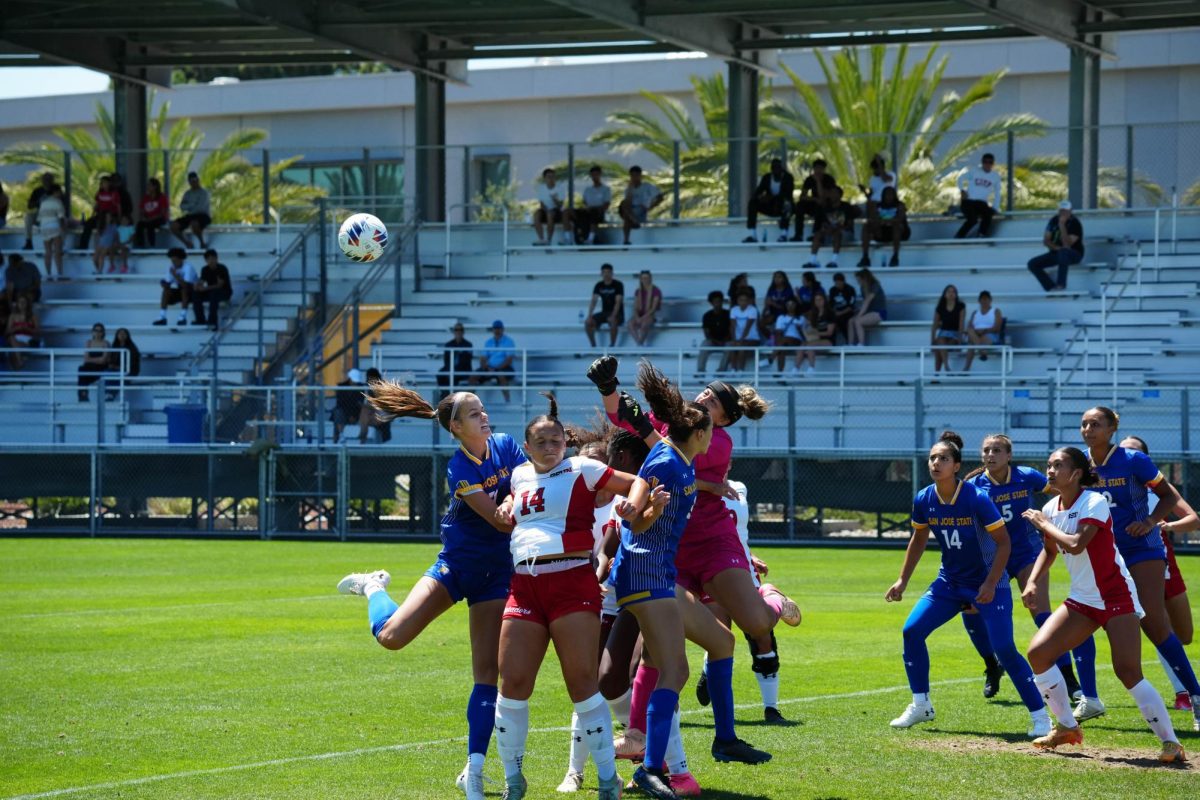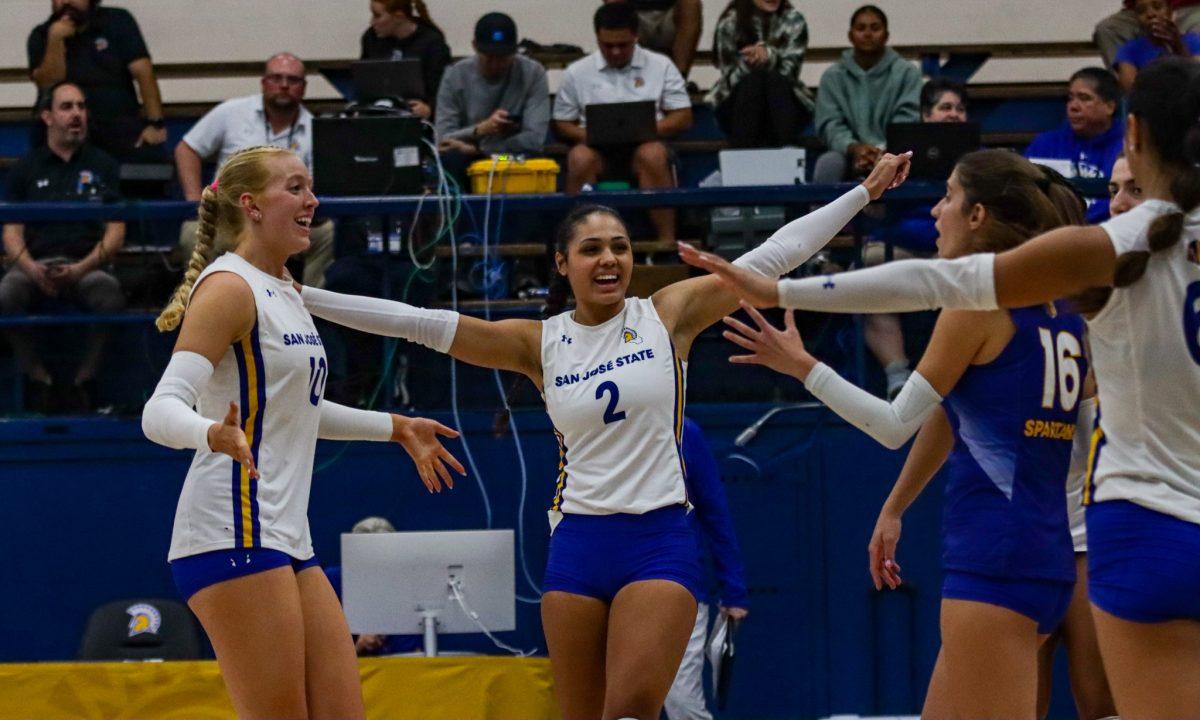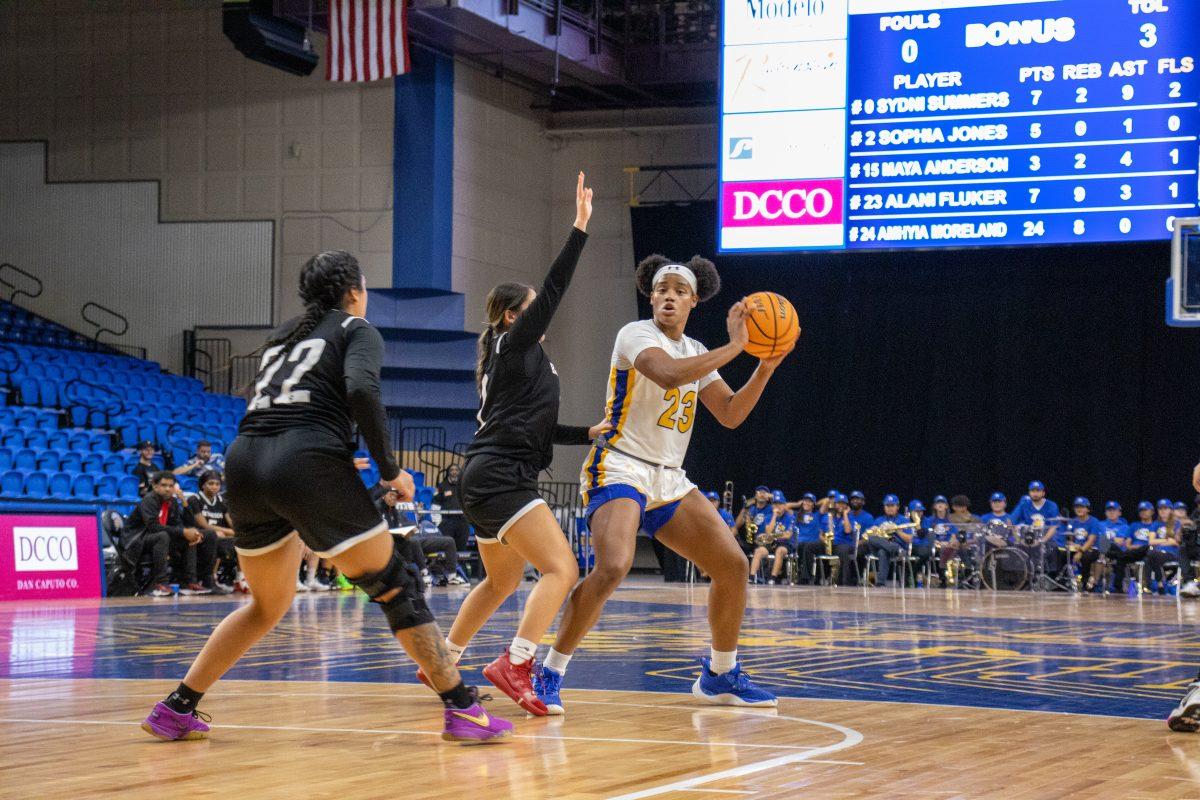Video game developer Electronic Arts (EA) is reviving the NCAA College Football series minus the NCAA moniker and the players, but in the case of the latter, EA shouldn’t move forward without them.
On Feb. 2, EA announced it would be continuing its college football lineup under the name “EA Sports College Football” after the NCAA Football game series was put on hiatus because the NCAA would not allow EA to pay players for their name and likeness.
Without the ability to pay the players, EA risked litigation similar to the “Ed O’Bannon v. NCAA” trial and they chose to sideline the series instead.
In July 2009, former UCLA basketball star Ed O’Bannon sued the NCAA, EA, and the Collegiate Licensing Company over the use of former players’ images and likeness in DVDs, video games and other apparel, according to a 2014 CBS Sports article.
According to ESPN, EA is working with the Collegiate Licensing Company to secure usage of stadiums, mascots, and names of more than 100 teams in the Football Bowl Subdivision.
However, the game developer won’t be using the names and likenesses of players to sidestep problems that stymied from the “NCAA Football” series.
EA is taking the wrong approach to this issue, at least from an ethics and authenticity stance.
Any football league is composed of its players, and to omit them from a video game about that very league is an insult to the players and fans.
There’s a reason that more fantastical interpretations of football like Midway’s “NFL Blitz” series or Cyanide Studio’s “Blood Bowl” games have never taken off the way that ‘real’ football games, such as Madden, have. ‘Real’ football games already fulfill fantasies of running an authentic NFL or NCAA team.
2020 SJSU linebacker Kyle Harmon and fans of the NCAA video games pointed out that even if EA files the serial numbers off, fans will recognize that certain numbers on certain teams belong to specific players.
With authenticity being a factor, there’s a disconnect between the expectation of certain players who should be in the game, and the subsequent lack thereof. This could likely take people out of the experience.
But even more important than the immersion factor is the moral imperative for EA and the NCAA to support the student-athletes the games were originally modeled after.
The crux of the matter is that student-athletes work just as hard, if not harder than professional athletes.
They have to balance the rigors of athletics while keeping up their grades, essentially two full-time jobs they pay for with blood, sweat, tears, and cash.
This doesn’t consider the fact that some of them may even have an actual job to help pay for the expenses of athletics and academics if they aren’t on an athletic scholarship already.
If there is an opportunity for student athletes to earn some money for their likenesses, they should be allowed to.
Some would argue EA is taking the correct course of action here, like 2020 SJSU lineman Trevor Robbins. He found the NCAA series to be more enjoyable than the Madden games, which pay NFL players for royalties.
Robbins said it’s better to start working on the games now and once the NCAA loosens its restrictions on players, EA can add real student-athletes to the game.
He has a point and with downloadable content and regular online updates, it would be easy to update the game’s roster.
However, there’s no guarantee EA would take that direction, should it prove to be too costly to compensate the players.
Fortunately, the NCAA and California are already making strides in the right direction.
According to a statement from NCAA Director of Communications Stacey Osburn, the NCAA board of governors is working on policies that would allow student athletes to be compensated for their names and likenesses.
In 2019, Gov. Gavin Newsom also signed SB 206, an order that allows California student-athletes to profit from their name, image and likeness and will take effect early 2023.
EA has an opportunity to release an authentic NCAA experience and to better the lives of student-athletes, all they have to do is wait and likely not for long.
If EA wants to really get college football back into the digital realm, it shouldn’t do it halfway.
The company should bring their 100% to the field. After all, the players and fans always bring at least that much to every game.





































